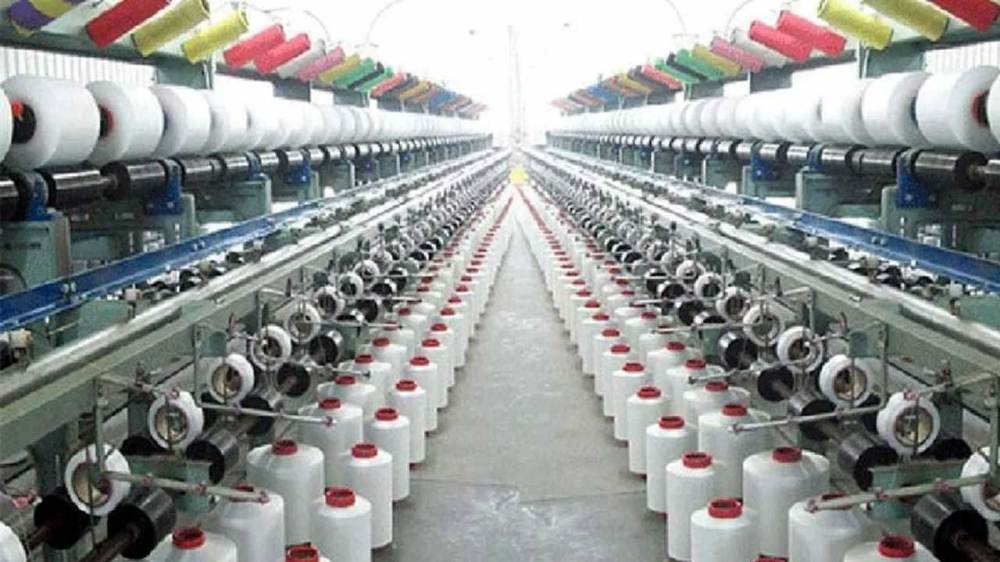
As specialty and raw materials have become limited for small and medium scale textile manufacturers, such manufacturers have now requested the government.
The quality controls imposed on them should be removed. Sources said declining exports, weak domestic demand and raw material prices have not improved and on top of that quality restrictions on polyester and viscose yarn have worsened the situation for manufacturers and adversely affected production, leading to unit losses. According to them, one of the biggest problems affecting exports is that we do not get raw material at internationally competitive prices. The raw material we need to make cotton yarn is either PSF or VSF and these raw materials are 20 per cent more expensive in India than anywhere else in the world. This takes away our competitiveness.
Quality control on textile raw materials was imposed at the beginning of the last financial year. The aim of the Bureau of Indian Standards (BIS) is to prevent the import of substandard quality goods into the country. However, industrialists say that the attitude of BIS towards certifying exporters has been biased. For example, in 2022-23, 65 per cent of PSF was imported from China and Thailand, but BIS recognised only three Thai units, one of which, Indorama Ventures, also manufactures PSF in India. Additionally, 50 per cent of VSF in 2023 was imported from Indonesia and Singapore, none of which had BIS. In addition, BIS has recognised three foreign units in Austria and the UK. Also, PSF imports declined by 43 per cent to Rs 520 crore in 2024 from Rs 917 crore in 2023. Similarly, VSF also fell from Rs 2033 crore to Rs 710 crore, an increase of 65 per cent. Due to quality control, small industrialists need raw materials to make special types of fibers which are very expensive. According to DGCS, an organization that conducts survey of trade and statistics, exports of medium-sized manufacturers fell by 22 per cent to $2.89 billion in 2023 from $3.53 billion earlier. The industry has some complaints of its own that quality check measures have affected their production. There is no harm in it if quality is taken care of so that the customer does not have any skin irritation. Where will quality control apply to raw materials? It does not guarantee that the final product will be perfect.
The National Committee on Textiles and Apparel, in its meeting held in May, said that such quality controls should be removed until domestic producers become competitive. This will give life to the industry, increasing their resources as raw materials will become cheaper. It may be recalled that a study was conducted through RTI on how some industrialists lobbied for the imposition of import controls and inclusion of VSF in quality controls. Though benefits are provided under the advance authorisation scheme, it is believed to be available only to a handful of industrialists.
 look news india
look news india

